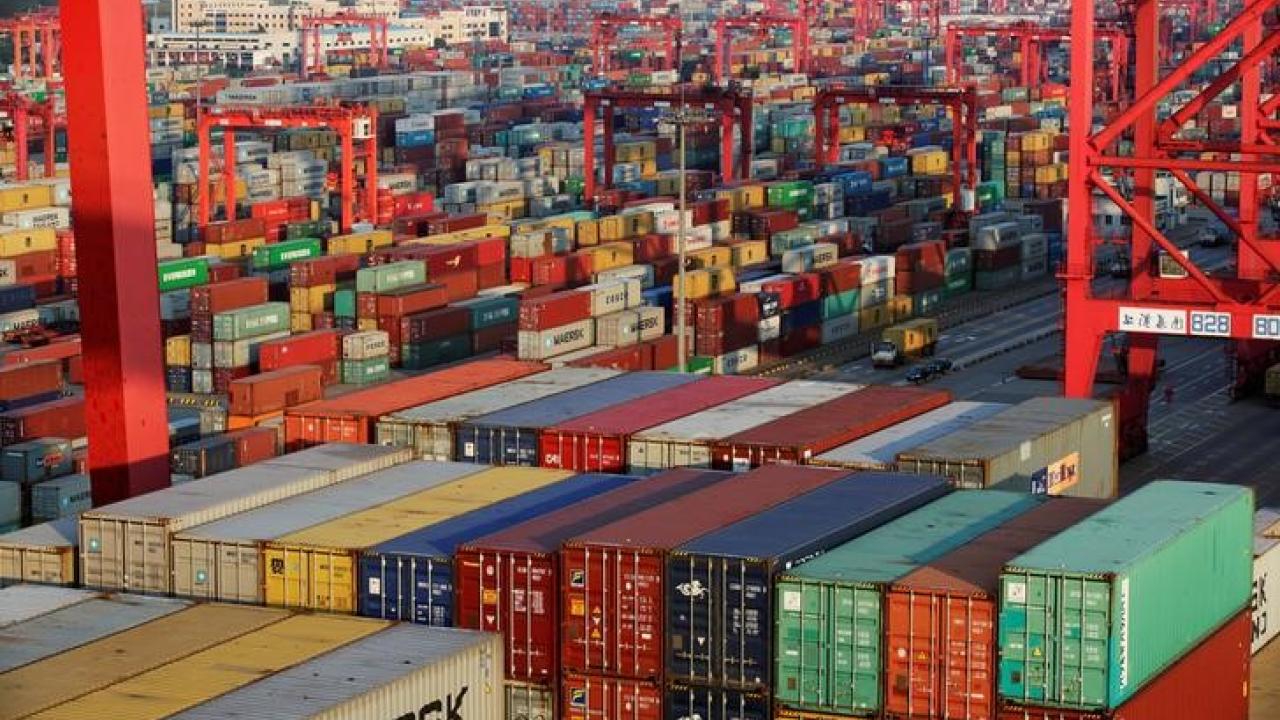
In its report on Barriers to Foreign Trade 2024, the White House Trade Representation expressed its concern about the decree that proposes benefits for the relocation of companies in various industries.
The United States government expressed concern about the export subsidies that Mexico grants to encourage nearshoring .
On October 11, 2023, Mexico issued a decree establishing national tax benefits for investment in certain export sectors. Specifically, the decree provides for the accelerated deduction of expenses on certain new fixed assets and the additional deduction of training expenses.
"The United States has expressed concern about the granting of benefits that are contingent on the export or sale for export of products," the White House Trade Representative (USTR) said in its Barriers to Trade report. Foreign Trade corresponding to this 2024.
In the recitals of that decree, the Mexican government stated that it is feasible for companies to analyze relocating part of their production to destinations close to the markets with which they operate, a strategy known as nearshoring ; situation that places Mexico in a favorable condition to be considered an attractive destination for foreign direct investment.
Taxpayers may apply these fiscal incentives (which refer to benefits in the payments of income and value added taxes) as long as they are dedicated to the production, processing or industrial manufacturing of the goods indicated below and also export them:
Products intended for human and animal nutrition; fertilizers and agrochemicals and raw materials for the pharmaceutical industry and its preparations.
Electronic components such as simple or loaded cards, circuits, capacitors, capacitors, resistors, connectors and semiconductors, coils, transformers, harnesses, and modems for computers or telephones.
Machinery for watches, measuring, control and navigation instruments, and electronic equipment for medical use.
Batteries, accumulators, batteries, electrical conduction cables, plugs, contacts, fuses and accessories for electrical installations.
Gasoline, hybrid and alternative fuel engines for cars, vans and trucks.
Electrical and electronic equipment, steering systems, suspension, brakes, transmission systems, seats, interior accessories and die-cast metal parts for automobiles, vans, trucks, trains, ships and aircraft.
Internal combustion engines, turbines and transmissions for aircraft.
Non-electronic equipment and apparatus for medical, dental and laboratory use; disposable material for medical use and optical items for ophthalmic use.
The United States provides large amounts of subsidies to strengthen its industrial capacity and strengthen its strategic value chains, such as semiconductor chip manufacturing, although these subsidies are not contingent on exports.
Subsidies in the US
In July 2022, Congress enacted the CHIPS and Science Act, which allocates $52.7 billion in subsidies to increase semiconductor manufacturing capacity in the United States through financial incentives to build, expand and equip domestic manufacturing facilities and manufacturing companies. the semiconductor supply chain.
Additionally, the law includes provisions that fund federal semiconductor research and development activities at the National Institute of Standards and Technology, a National Semiconductor Technology Center (in collaboration with U.S. industry), a National Advanced Packaging Manufacturing Program, and the creation of up to three Manufacturing USA institutes.
This law also created and financed three additional funds that aim to strengthen the capabilities of semiconductors produced in the United States for national defense, workforce development and international cooperation.
China is closing in on leading nations in both semiconductor capacity and production, largely due to government capital outlays that subsidize domestic companies, finance the purchase of imported equipment and software , and fund procurement by China from foreign semiconductor companies.










